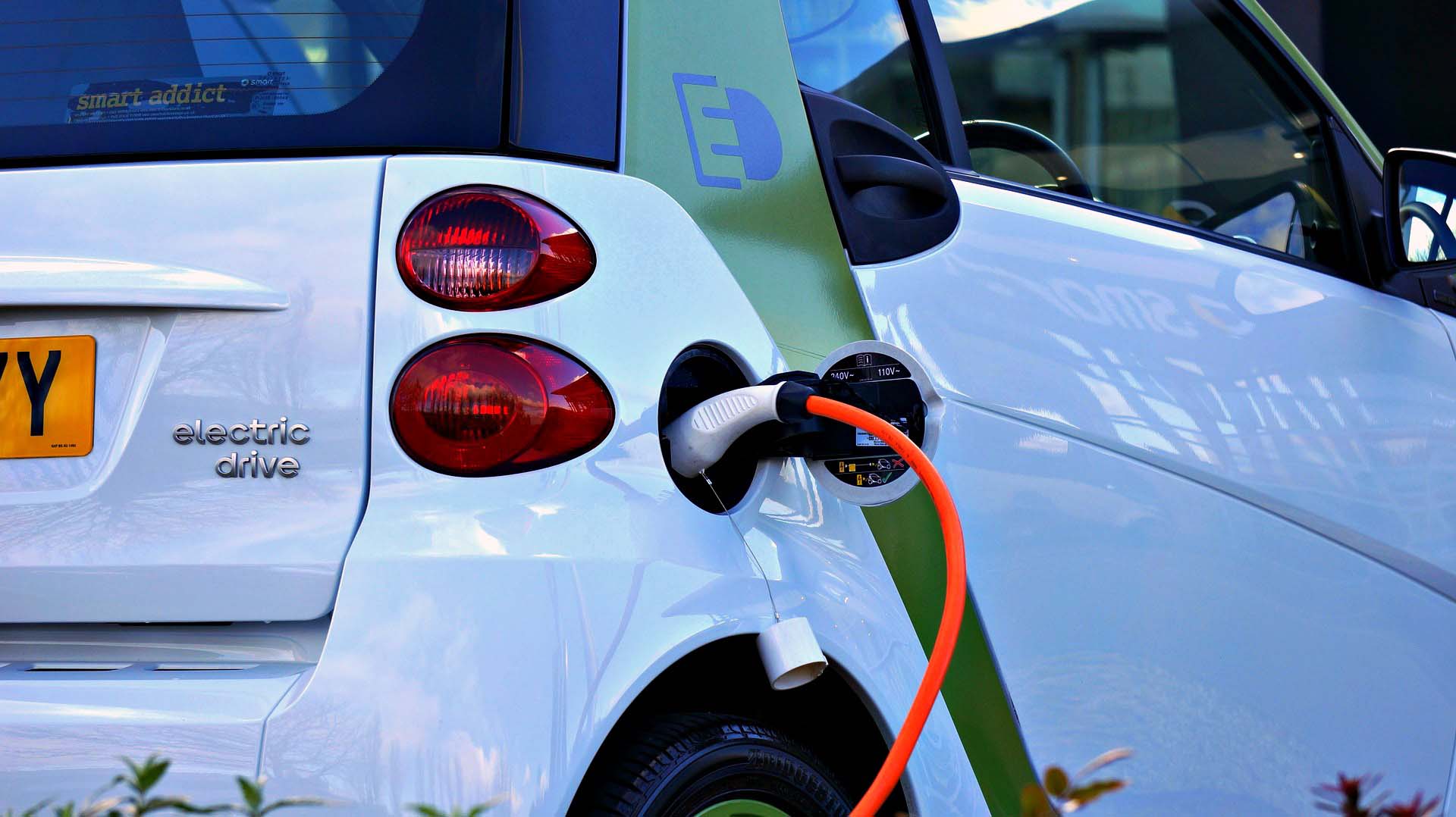Non-motorised transportation contributes to a greener environment thanks to the absence of any local or greenhouse gas emissions.
A whopping $1.2 trillion investment from the global auto industry has been plunged into developing electric vehicles (EVs) to create more opportunities for new suppliers.
The money is set to be used to secure contracts for everything ranging from battery packs to motors and inverters.
Startups that specialise in batteries and coatings to protect EV parts, as well as suppliers who have historically served the Formula One (F1) racing industry or niche motorsports, have been vying for EV contracts.
Additionally, platforms for automobiles are created to last ten years, allowing high-volume models to generate significant profits for years.
The introduction of the following generation of EVs is anticipated for around 2025, and many automakers have asked for assistance in filling knowledge gaps, opening up a window of opportunity for new suppliers.
This would allow small companies to invest in the fast-changing industry of EVs and other technologies to stay ahead.
Qatar’s growing EV market
In the last decade, Qatar has been deploying mass effort into promoting electric transportation options to move towards a more sustainable environment.
In less than a decade, the Gulf state is set to have 100% electric public transportation. By the end of last year, 25% of the country’s public transportation was already electric. This includes the state-of-the-art metro system, which is fully electric.
The gradual transformation to full-electric includes public bus services, government school buses, and Doha Metro’s busses. This aims to reduce harmful carbon emissions caused by conventional buses in less than a decade from now.
Authorities are also working towards establishing an integrated network of electric car chargers, in order to support the ministry’s plan to gradually transform the electric transport system.
Qatar General Electricity and Water Corporation (Kahramaa) plans to set up 600 to 1,000 EV charging stations by 2025 and 2030 in order to promote green transportation across the nation in a bid to reduce carbon emissions.
This year alone, 150 charging stations will be installed across the country to encourage more environmentally friendly transportation, with plans by Woqod to install chargers at branches for easier access.







